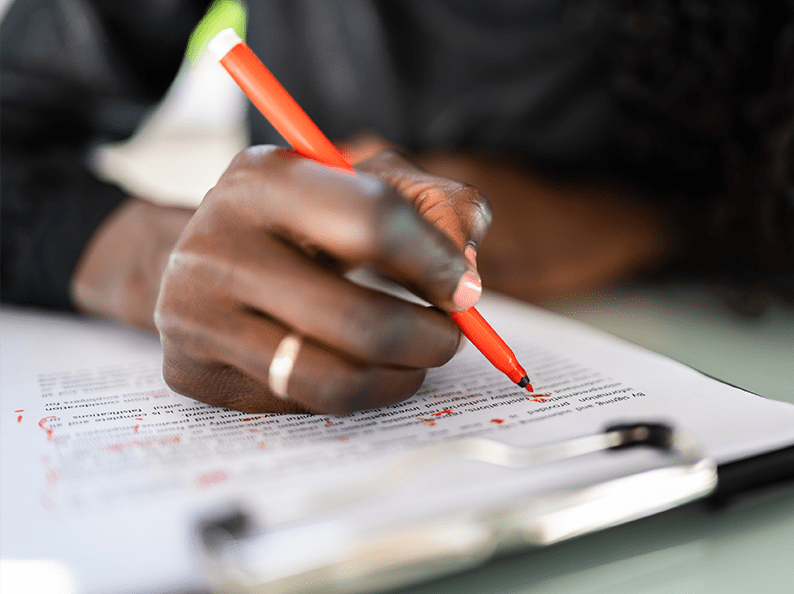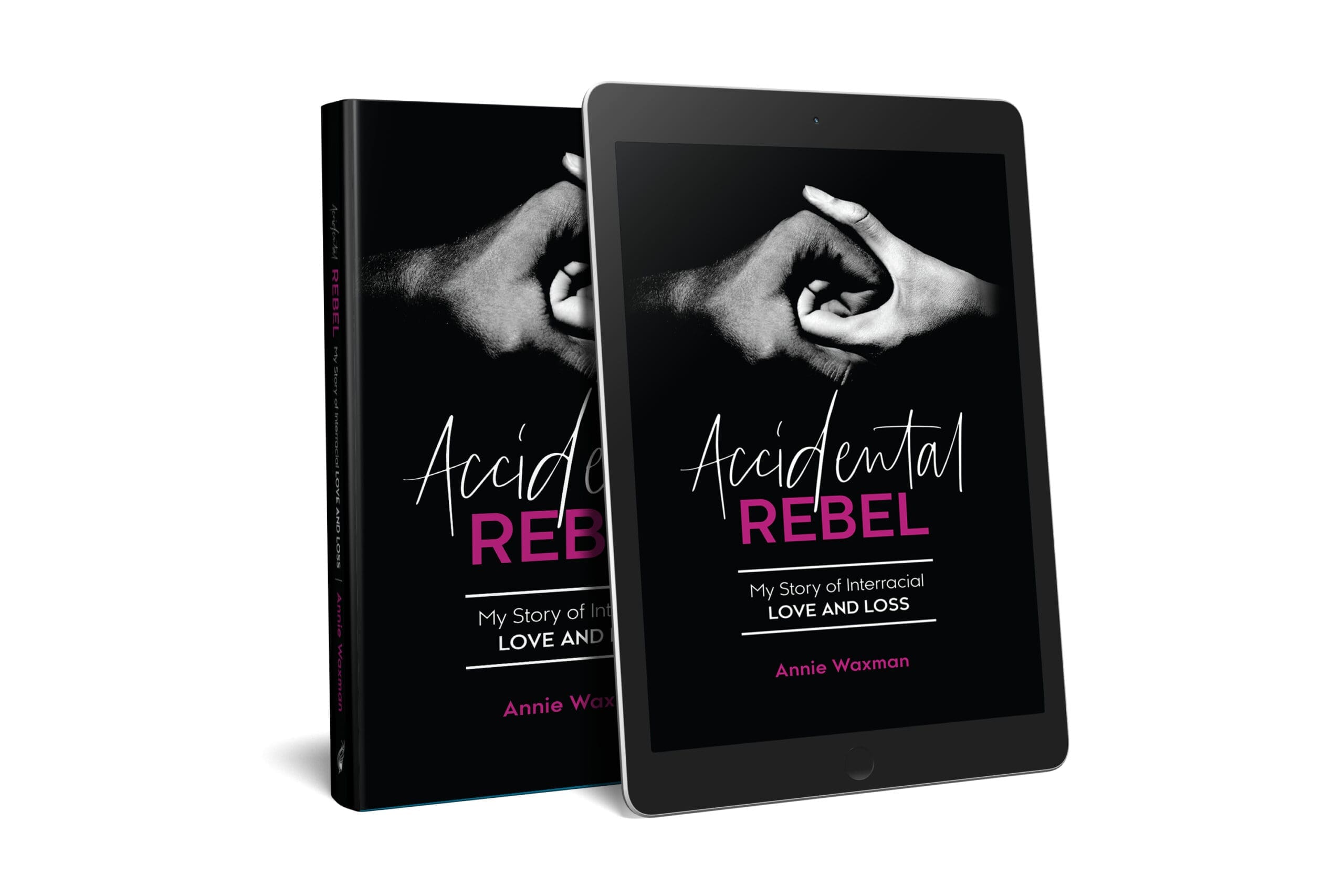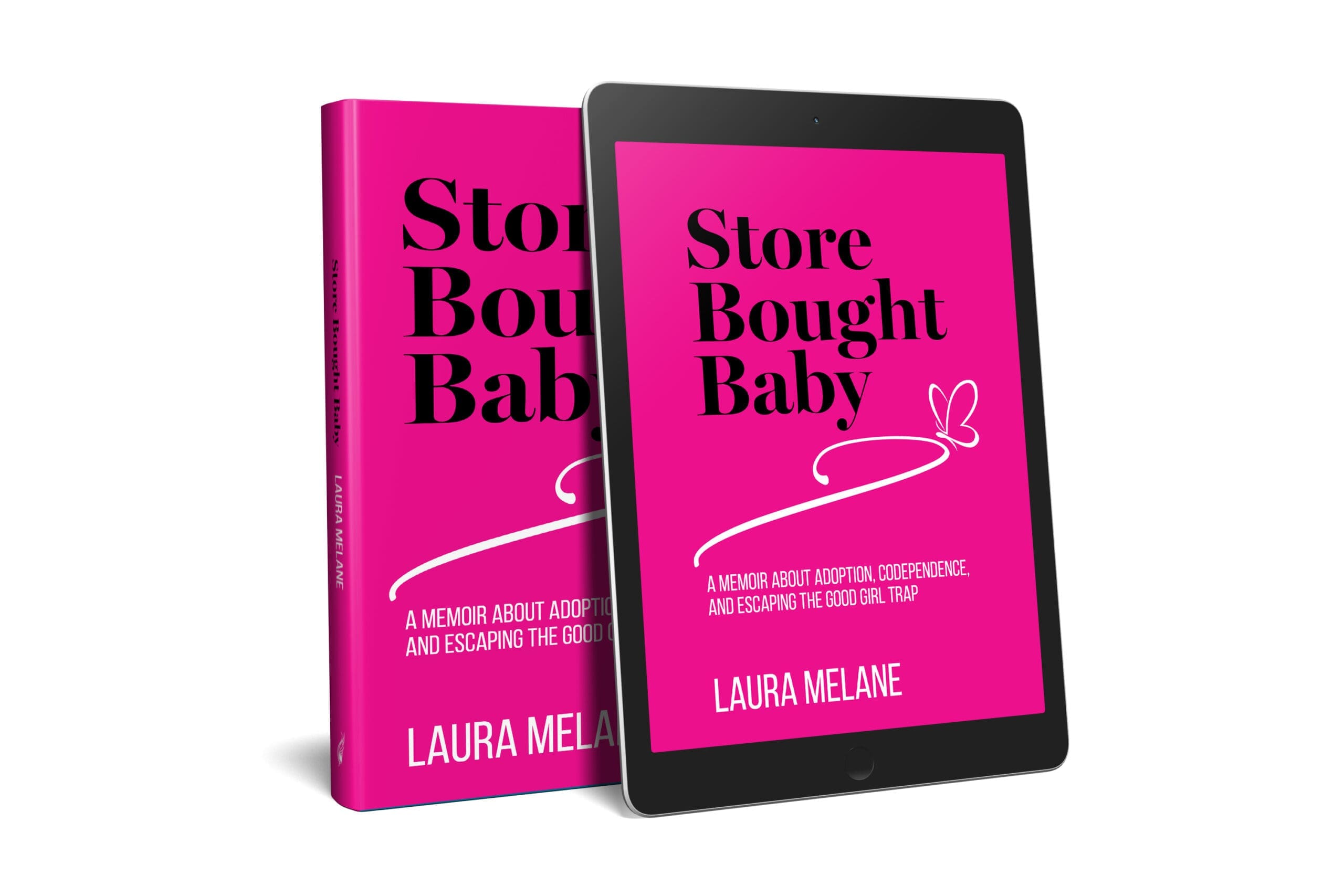If you’ve never worked hand-in-hand with an editor before, you may not know much about how the editing process works. You might also be afraid of what an editor will think about your writing. Will she be your friend or your foe?
Writers new to working with editors might picture them as people like your seventh-grade English teacher bent over papers, red pen in hand, gleefully marking up the page and silently assigning a low grade to your work. But great editors are not simply hell-bent grammarians who only focus on subject-verb agreement, vague pronouns, dangling modifiers, and the like.
Anonymous Versus Collaborative Editors
As a seasoned freelance editor who works with authors on everything from blog posts to books, I can tell you I want to be your friend, not your foe. Sure, if you go to an online editing mill, folks on the other end who don’t know or care about you often just look at what you’ve written and have at it with little concern for your thoughts or feelings! The only thing these anonymous editors deal with is the writing itself. They have no relationship with you. What’s more, the pay-per-word culture drives them to get it done and move on to the next manuscript as soon as possible. This impersonal process doesn’t allow for much emotional investment or meaningful interaction with you as the writer.
In contrast, I see my role with authors as that of a collaborator. Great editors care deeply that your writing shines; they want to contribute to the quality of your writing and thinking beyond grammar, spelling, and punctuation. The best editors are very capable of doing so. Of course, as a technician their skill in copyediting is to help make your message clear, concise, consistent, and complete. This serves your readers so they don’t have to labor through hard-to-read material that can confuse or distract from your message. However, there’s even more value a great editor can offer.
Technical and Developmental Support
Typically, when I sign on to a writing project, I intend to develop an ongoing relationship with you as a writer. I will not only improve the technical aspects of your writing, I will also advise and empower you to improve the structure and development of your manuscript, offering you plenty of positive feedback along the way. Since I take the place of your reader, if something doesn’t make sense to me (there’s an obvious gap or confusion), my job is to identify areas like this so you can fill in what’s missing or clarify your ideas.
As necessary, I will also ask you questions about your meaning, your tone, or your style. Occasionally, I may ask you to discuss or further develop a particular aspect of your manuscript. On some points, I may be adamant; on others, I may only make a suggestion or offer an opinion. After all, the writing is ultimately your work. Even grammar rules have gray areas. But an initial back-and-forth process between us enables me to learn what you might accept or reject using the beloved “track changes” feature of MS Word. This back and forth allows me to better understand your perspective as we move forward. It will also give you a better idea of things to watch for in your future writing.
Tough-Love Cheerleaders
Basically, my role as an editor requires a combination of tough love and cheerleading support. Sometimes, I will say it straight with what may seem like a critical voice to someone who feels their soft insides revealed and then poked on the page. But I aim to frame my comments in a positive way so that you can hear them. Having a friendly relationship with you as a writer influences how I communicate with you and vice-versa.
Realize that great editors have a vested interest in making your work brilliant. After all, your published writing also reflects their editing abilities. In other words, the best editors are on your side! Relish their input and work with them as a partner and a supportive colleague so you can birth your very best creation.



